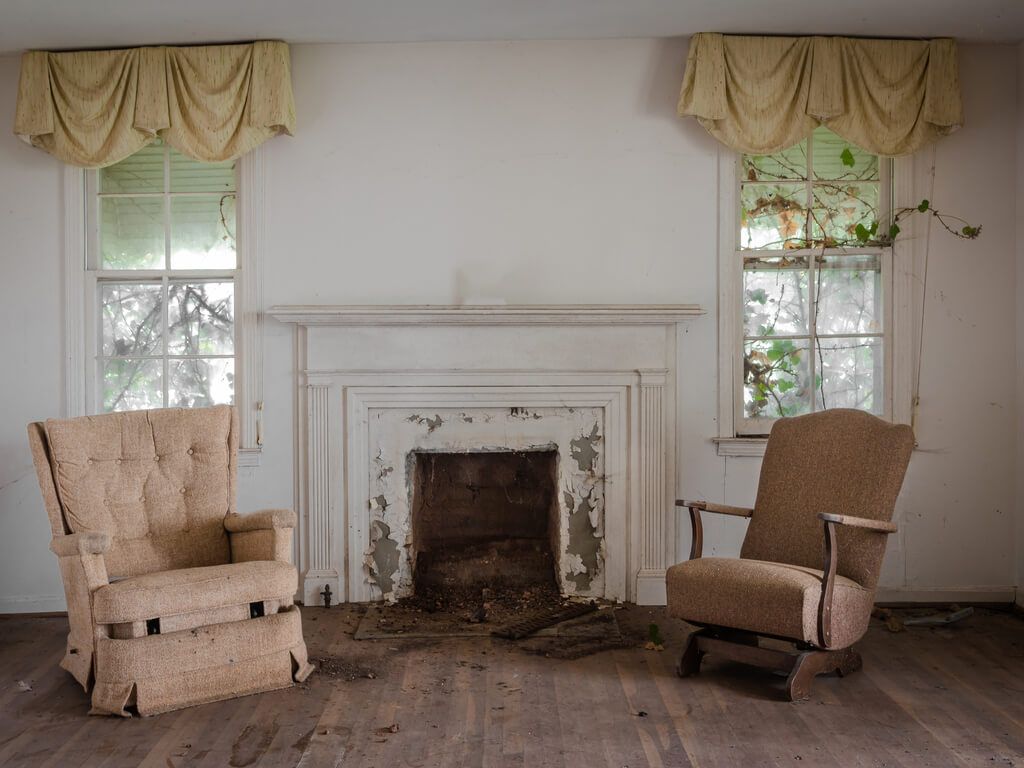What is True Habitability?

It’s possible that you’ve never heard of true habitability before. However, if you’ve ever rented or leased any kind of residential property, you’ve signed a contract where true habitability is confirmed. True habitability, also known as implied warranty of habitability, is the unspoken guarantee that a living space meets basic living and safety standards. This is a legal requirement all landlords are required to keep. This agreement is always implied in your contract when you agree to rent or lease out a space. True habitability does not have to be stated in the contract, though a landlord may count on you not reading or knowing about it when you agree to live in a space.
This is only for residential properties, not commercial properties. Commercial properties are not for living. If a commercial property is leased out with the intent for the tenant to work there, but then ends up living there, they are not owed a guarantee of true habitability.
What True Habitability Includes
You might be wondering what constitutes true habitability, or basic and safe living. Local building codes in your area will detail and decide the standards rental properties have to meet. This usually means the property provides:
- Drinking water
- Hot water
- Electricity
- Ventilating systems
- Bathroom & toilet
- Heating for cold weather
- Smoke and carbon monoxide detectors
- Protection from harm or theft (door locks & window guards)
- Degree of sanitation (removal of insect or rodent infestation that has not been caused by the current tenant)
When Does True Habitability Affect You?
The easy answer to the question of when true habitability affects you is when one of the previously stated required conditions of basic and safe living isn’t there. If you’ve recently moved into a residential space and found one of the previously stated conditions to be lacking or non-existent, your landlord has failed to give you true habitability. Or, if before your lease is over, one of the stated conditions fails and your landlord fails to repair it.
Should your landlord fail to provide one of the conditions of true habitability to you, they are in breach of your real estate contract. In these cases, the landlord, as the seller, may owe the tenant, or buyer, damages from injuries, illnesses, or other personal injuries caused by the failure to provide true habitability.
Mazzoni Valvano Szewczyk & Karam Can Represent You and Your Landlord’s Breach of Contract
Real estate law is complicated, full of spoken and unspoken conditions that you may not be aware of. In this case, the unspoken condition is meant to protect you, and your landlord failed to follow it. That’s no reason to suffer in silence in a residential property not fit for you to live in.
If you live in Northeastern Pennsylvania and believe you have been the victim of a breach of contract, contact Mazzoni Valvano Szewczyk & Karam. We offer free consultations. Put your trust in a law firm that puts your needs first and has the experience to meet them.

